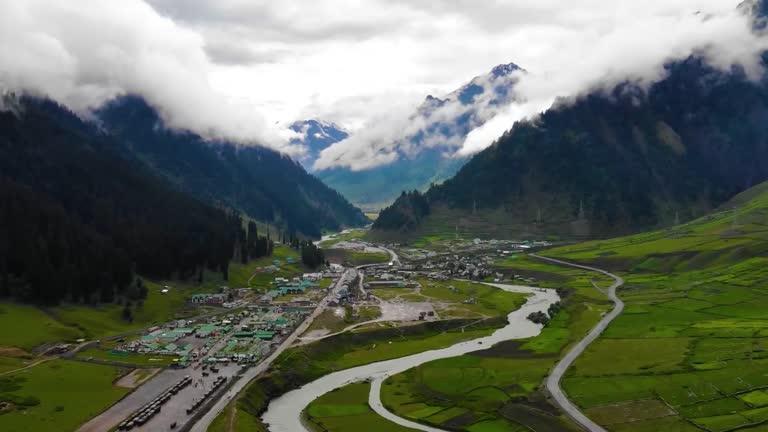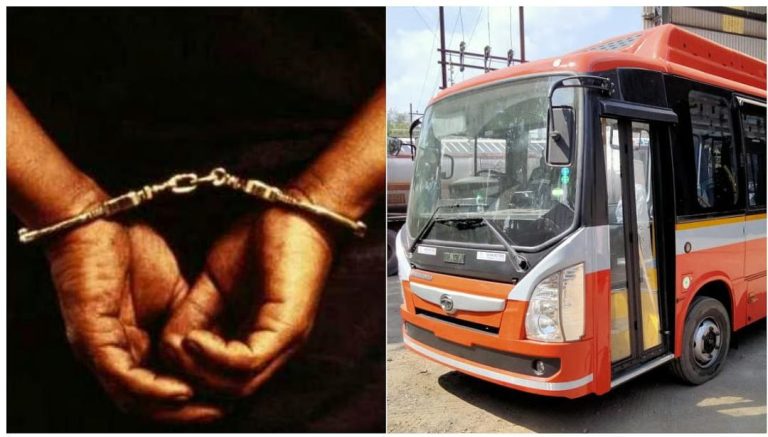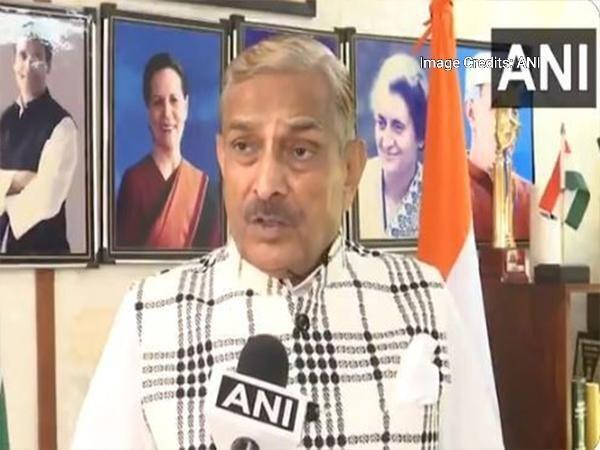
Over 83,000 non-state subjects received J&K domicile: State Govt
The state government of Jammu and Kashmir has revealed that over 83,000 people, or ‘non-state subjects’, have received domicile certificates in the last two years. This information was shared by the Jammu and Kashmir Revenue Department in a written reply to a query raised by People’s Democratic Party (PDP) MLA Waheed ur Rehman Para.
According to the department, a total of 35,12,184 domicile certificates were issued through the department in the last two years. This marks a significant increase in the number of certificates issued compared to previous years.
But what exactly does this mean for the people of Jammu and Kashmir? In order to understand the significance of this development, it is essential to first understand the concept of domicile certificates in the state.
In Jammu and Kashmir, domicile certificates are issued to individuals who are not permanent residents of the state but have a connection to the state. This connection can be based on various factors such as marriage to a resident of the state, having been born in the state, or having lived in the state for a certain period of time.
The Jammu and Kashmir government has been issuing domicile certificates to non-state subjects since August 2019, when it announced a new domicile law. The law was aimed at granting residency rights to certain categories of people, including those who have lived in the state for 15 years or more, or who have a family connection to the state.
The issuance of domicile certificates has been a contentious issue in the state, with many residents expressing concerns that it could lead to an influx of outsiders and compromise the state’s unique identity. However, the government has maintained that the certificates are necessary to ensure that the state’s economy and education system are not harmed.
One of the main concerns raised by residents is that the influx of outsiders could lead to a loss of jobs and opportunities for locals. They argue that the state’s economy is already struggling, and the addition of more people could further exacerbate the problem.
Another concern is that the domicile certificates could lead to a change in the state’s demographics, which could in turn affect the state’s culture and identity. Many residents are worried that the influx of outsiders could lead to a loss of the state’s unique cultural heritage and traditions.
Despite these concerns, the Jammu and Kashmir government has maintained that the issuance of domicile certificates is necessary to ensure the state’s economic growth and development. The government has also argued that the certificates will help to attract investment and talent to the state, which is essential for its development.
The issuance of domicile certificates has also raised questions about the state’s citizenship laws. Many residents are concerned that the certificates could be used to obtain Indian citizenship, which could compromise the state’s autonomy and special status.
The Jammu and Kashmir government has, however, clarified that the domicile certificates are separate from Indian citizenship, and that they do not automatically confer Indian citizenship. The government has also maintained that the certificates are necessary to ensure that the state’s residency laws are complied with.
In conclusion, the issuance of over 83,000 domicile certificates to non-state subjects in the last two years is a significant development in Jammu and Kashmir. While the move has raised concerns about the state’s economy and demographics, the government has maintained that it is necessary for the state’s growth and development.
As the state continues to navigate this complex issue, it is essential that the government takes into account the concerns of its residents and ensures that the issuance of domicile certificates is done in a transparent and accountable manner.
Source:
https://thecsrjournal.in/non-state-subjects-received-domicile-certificates-last-two-years-jk-govt/






